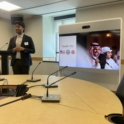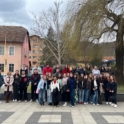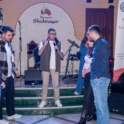Abdulaziz reflects on the highlights from serving as a mentor for CEW.
STORIES
YES Alumni Grant: Building Inclusive Education
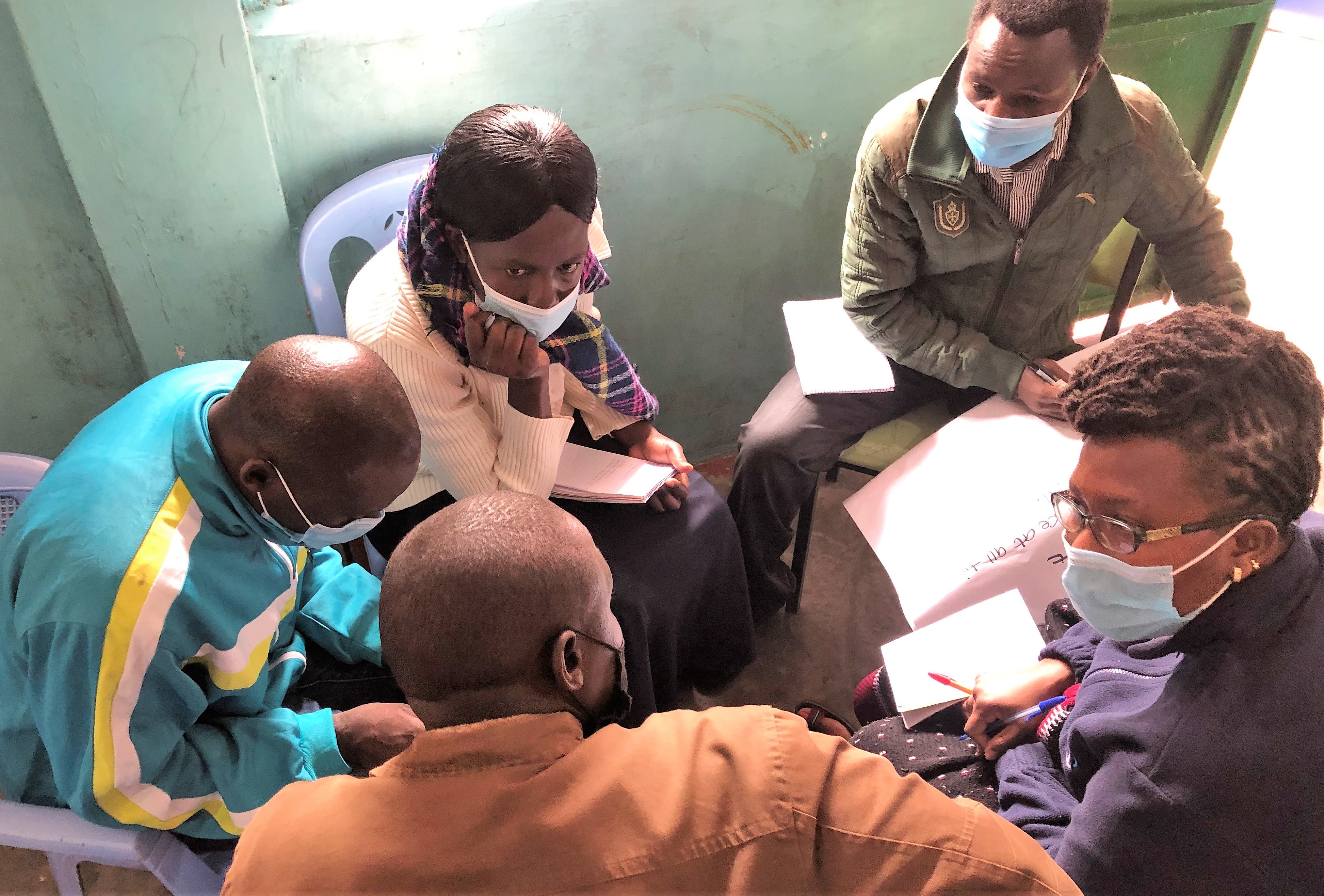
By Anthony Mulanzia (YES 2012-2013, Kenya, placed by AFS in Hebron, IN)
During my YES year in Indiana, I took part in numerous activities, including 110 hours of community service. After assisting in a class for students with disabilities and taking part in music and theater at my host school, my desire for active community engagement and advocating for the rights and inclusion of people with disabilities increased.
When I returned to Kenya and witnessed the social disparities facing marginalized communities, which was only worsened because of the COVID-19 pandemic, I decided to finally launch a project I had been planning for two years already.
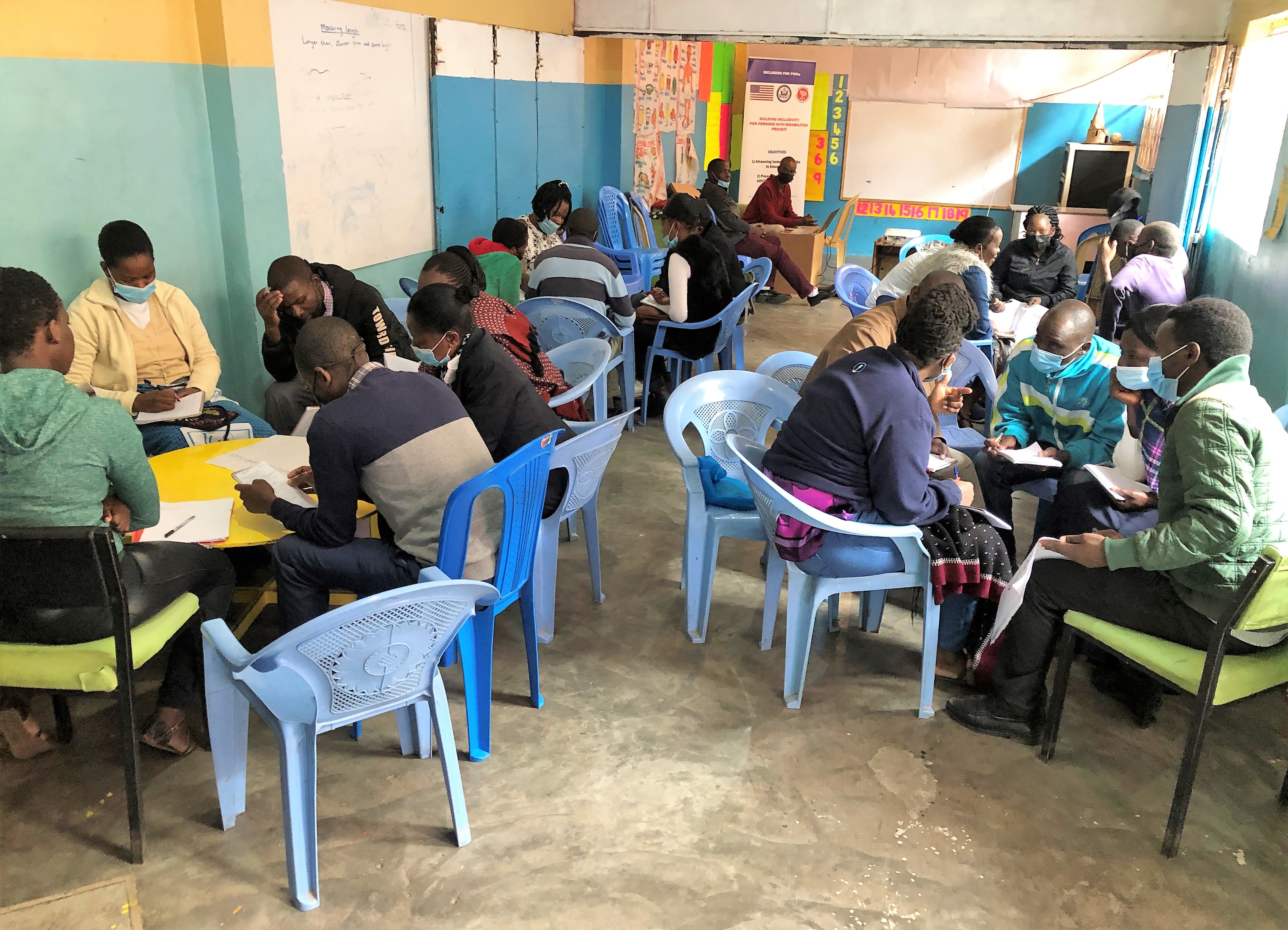
In Kenya, the transformation that came with COVID-19 resulted in even more sidelining of marginalized groups who lacked access to basic services, such as education and health services. The greatest impact was felt by people with disabilities. In Kenya, the population of people with disabilities (PWD) is nearly one million; however, that population may be much higher. Ignorance, stigma, misconceptions, and cultural beliefs are factors that hinder accurate statistics on the PWD population in Kenya.
One of the main challenges PWDs in Kenya face is education. Most teachers providing basic education to students in the country lack skills for special needs education. This was especially true in Nairobi’s informal settlement areas of Kariobangi, Korogocho, Huruma, and Dandora at the time of this project.
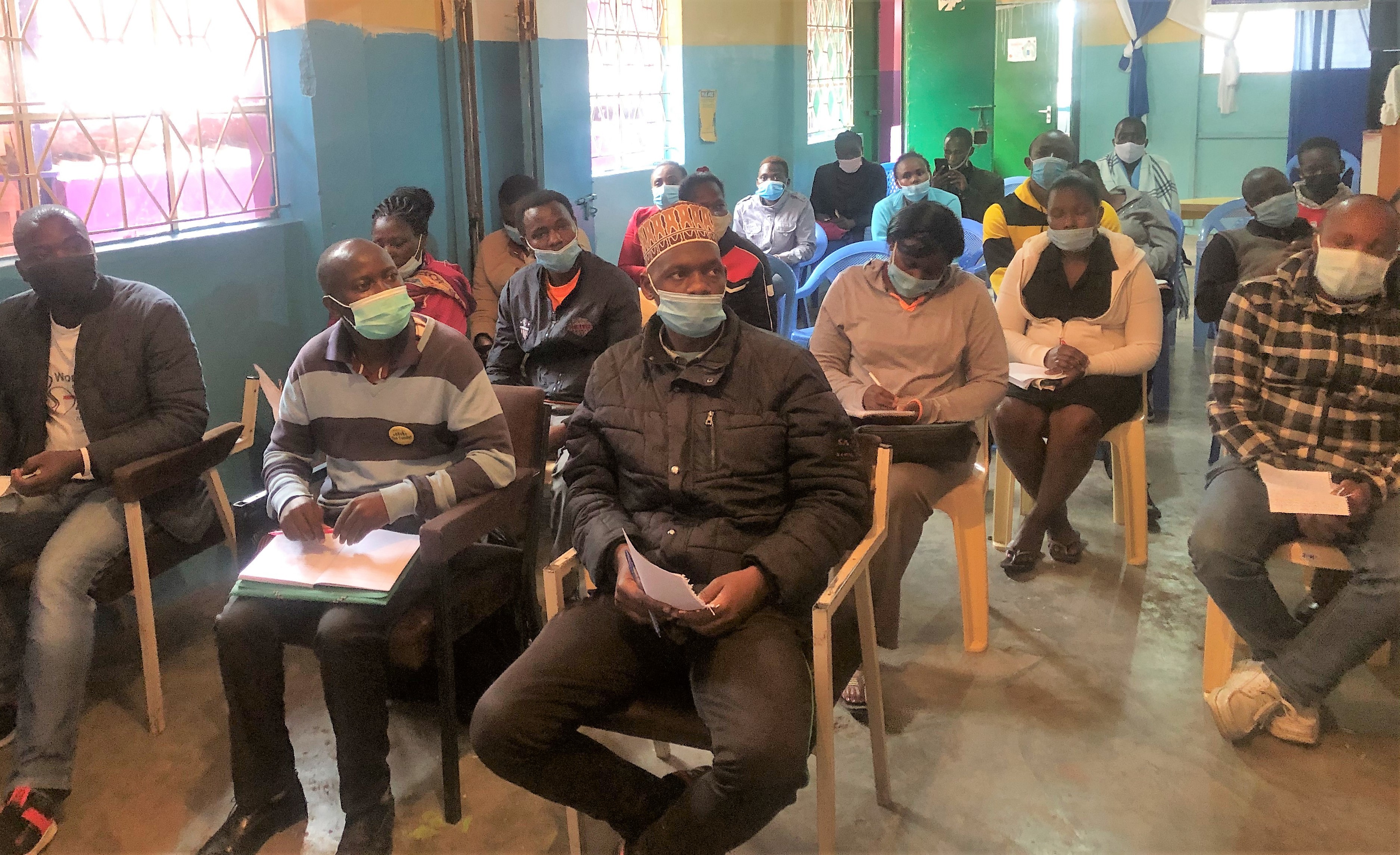
My project, Building Inclusive Education for Persons with Disabilities, sought to actively address these issues at the grassroots level. The objectives included advancing inclusion of PWDs in education, enhancing access to COVID-19 information, and creating awareness on the inclusion of PWDs in accessing education and health services at the community level.
In partnership with the Hands of Love organization, and with a YES Alumni Grant, the project launched in July 2021 and ended in January 2022. But the project was actually a result of two years of planning prior to the pandemic with Mr. Samuel Maina, the Hands of Love director.
The project engaged teachers from nearly 50 schools as well as 30 parents, caregivers, and community leaders in community meetings. These meetings served as consultation for identifying community gaps, needs, and priorities for providing PWDs with access to basic education and COVID-19 safety information.
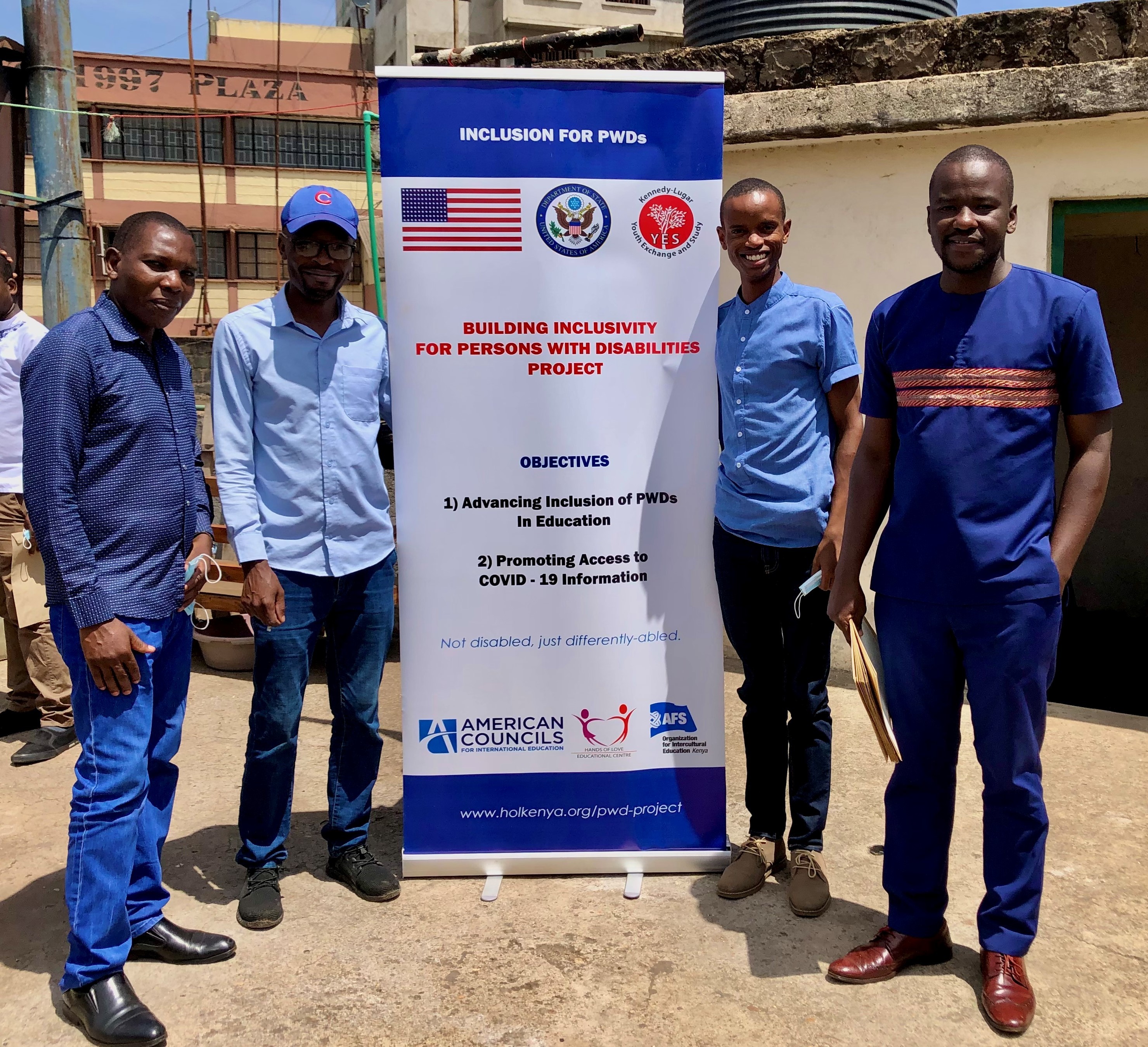
After two rounds of meetings, we developed a training curriculum based on enhancing basic skills for teachers in special needs education as well as for improving care skills and household strategies for parents and caregivers. We conducted 10 training sessions for 70 teachers on special needs education, three training sessions for 25 parents and caregivers of PWDs, and three joint sessions on COVID-19 safety, healthcare, grassroots activism, and partnership.
On a personal level, this was one of my most impactful projects yet, owing to lessons learned in previous projects, such as the use of community mapping and grassroots community engagement prior to implementation for stronger collaboration, project ownership by the community, and impact-oriented implementation.
My gratitude goes to the U.S. State Department’s Bureau of Educational and Cultural Affairs, the YES program, American Councils for International Education, Hands of Love, AFS-Kenya, Mr. Terry Little, Mr. Samuel Maina, the project team, Kenya Institute of Curriculum Development, ACAKORO Organization Kenya, and all the supporters of this project. Thank you all for your support in making this a successful project.


